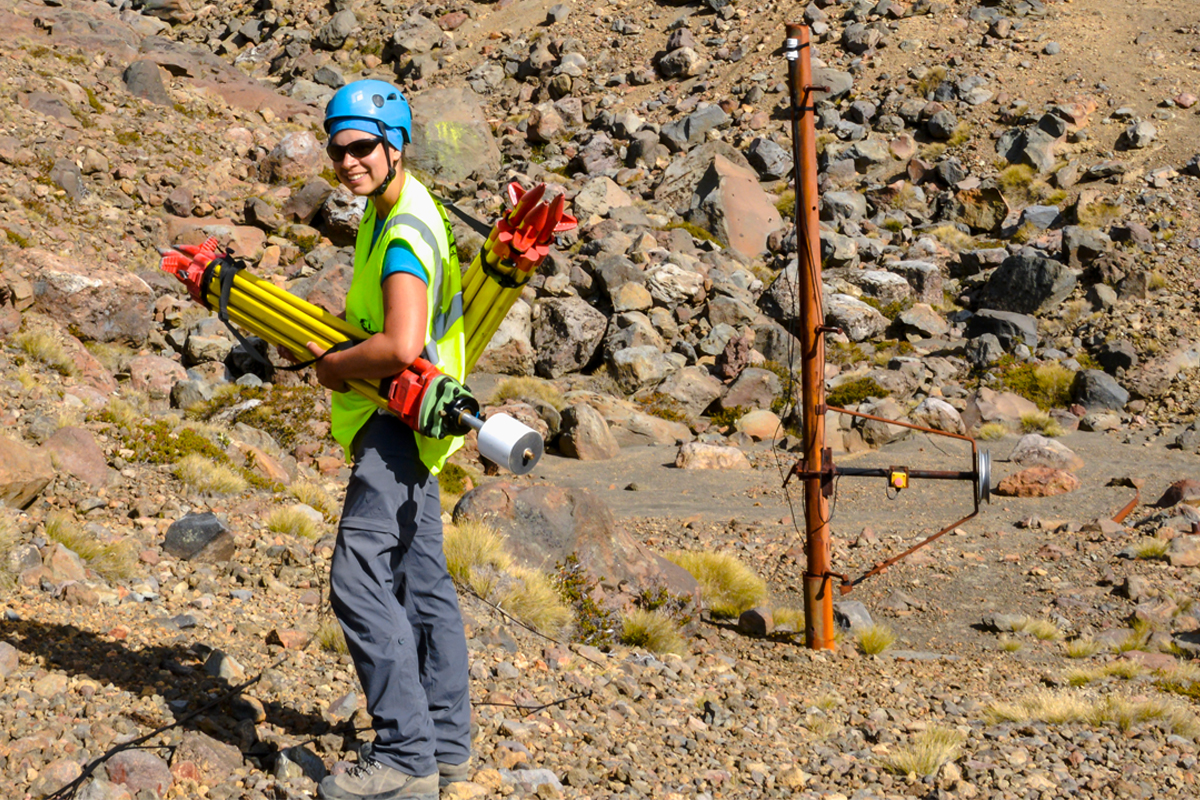All Categories
Featured
Table of Contents
Geophysical Surveys in Churchlands Australia 2022
This work is significantly contracted out, so consultancies offer another source of employment. Consultancy firms differ in size, from extremely small companies to large multinationals. Some consultancies are quite specialised in utilizing particular geophysical techniques or working in particular places, while others provide a more varied range of services to their customers.
The extraction of gas from garbage dump sites is another location of work and this may grow in the future. Exploration companies may carry out work for building and construction firms, public utility, mining business and environmental companies, so geophysicists might be used in any of these settings. Other companies include: geological surveysgovernment bodies and agenciesuniversities and research institutes.


Jobs may be listed in the oil and gas sector press. Recruitment is impacted by oil price fluctuations and the level of competitors for positions differs depending on this. Professions Days, which cover the full variety of geoscience careers and are generally gone to by a variety of essential industry employers, are run by The Geological Society.
Geophysicist in Lynwood Aus 2021
Some of the big oil and gas business offer a full two-year structured training programme across the breadth of geophysics, consisting of the chance to experience work in numerous groups before specialising in one location. Your training may include work on: existing wellsmagnetic and gravitational prospective field data analysisresearchrock analysis. Nevertheless, it's more usual for your initial training to be supplied on the job.

There might be a probationary duration during which you work alongside an experienced colleague. Competency-based appraisals occur frequently in most companies. In smaller sized companies, and for scholastic posts, there is not likely to be any official training - you'll be expected to begin work straightaway and get skills as you go along.
If you work for a smaller sized business, you may find that you require to take obligation for organizing and funding your own advancement and training. If you have a geology degree, subscription of The Geological Society can be useful for networking and for keeping up to date with the industry.
Uses For Geophysical Data in Casaurina Western Australia 2022
You might also discover it useful to sign up with the PESGB (The Petroleum Exploration Society of Great Britain, which has a geophysics unique interest group. After a probationary period, and once you have actually gained some experience, you could progress to senior geophysicist, then team leader and then into a senior function in management.
The ease of motion between roles depends on the company structure. Research study at Masters or Ph, D level in a subject related to geophysics or geosciences may assist with your career advancement and development. The work market within the oil and gas market is really depending on rate and this may impact your chances for profession progression.
Not all tasks are dependent on the oil and gas markets. For skilled geophysicists, freelance consultancy provides a great path for profession development. You can also specialise in a specific area of geophysics. As a geophysicist, you're likely to have numerous tasks throughout your working life. Global movement is essential for handling peaks and troughs in different countries at different times.
Geophysical Surveys As Landscape Archaeology in Nollamara WA 2022
From geophysics, it's possible to focus on seismology (completing additional training to end up being a seismic interpreter) or to move into associated areas such as engineering geology or danger prediction.
Deciding what to study in college is a hard option. Even if you understand that your field of interest lies in science, what program of research study is best for you? If you make the choice to major in physical and biological sciences and pursue a career as a geophysicist, you're preparing for an interesting and lucrative occupation.
The first action to accomplishing your goal of ending up being a geophysicist is earning a degree. Even for entry-level positions in the field of geoscience, you'll need a bachelor's degree (a geophysicist college degree) from a recognized college or university. Geophysicists need to be able to: evaluate rocks, photographs, and other pieces of data perform research study both in the field and in laboratories create maps and charts of their findings write reports To achieve all this, students need a specialized education for geophysicist professions.
As mentioned above, you'll need a bachelor's degree in geoscience or an associated discipline, such as a physical science or a life sciences, to land an entry-level task. But trainees can also prepare by learning subjects like: Biology Chemistry Computer system science Engineering Mathematics Physics The above geophysicist majors use a more generalized approach to a single clinical discipline, but many programs need students to take several geology course.
Latest Posts
Geological And Geophysical Surveys in Mullaloo Western Australia 2023
Geophysical Surveys & Mapping - Ecs Limited in Rockingham WA 2020
Marine Geophysicist in Iluka Aus 2020